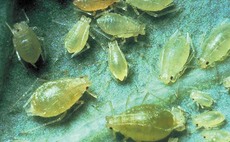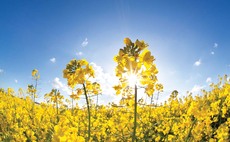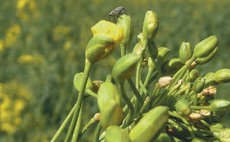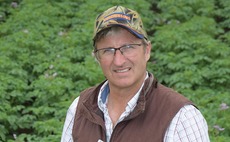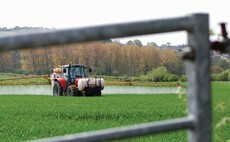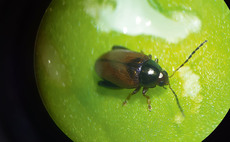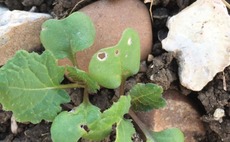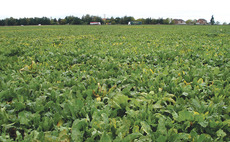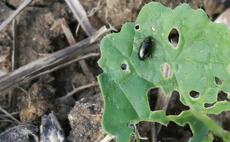Neonicotinoids
Arable
Over 70 per cent of oilseed rape crops drilled before August 21, 2019 will be taken to harvest this year, compared to less than 50 per cent of those drilled after August 31.
Arable
The unprecedented number of aphids being found in sugar beet crops are presenting a serious ongoing challenge to virus control this season, with risk of transmission said to be very high.
Arable
A particularly short flowering period is being seen in some crops of oilseed rape this season, presenting questions over what this could mean for yield come harvest.
Arable
High numbers of cabbage seed weevil are being observed in some oilseed rape crops across the country.
Arable
Farming groups have warned against plans to cut the use of synthetic pesticides by 80 per cent by 2030 and to phase out their use completely by 2035.
Arable
While most oilseed rape growers are striving to kill cabbage stem flea beetles (CSFB), a programme of rearing their number one pest is going ahead using AHDB funds.
Arable
The twin challenges of increasing CSFB resistance to pyrethoids and the negative impact of these insecticides on natural insect predators of the pest came under the spotlight at the AICC conference.
Arable
It is likely the virus yellows forecast for the sugar beet crop will be ‘high risk’ for a second successive year.
Arable
The twin challenges of increasing CSFB resistance to pyrethoids and the negative impact of these insecticides on natural insect predators of the pest came under the spotlight at the AICC conference.

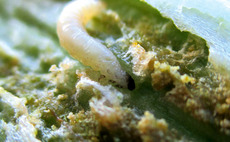
 10 June 2020
•
3 min read
10 June 2020
•
3 min read
